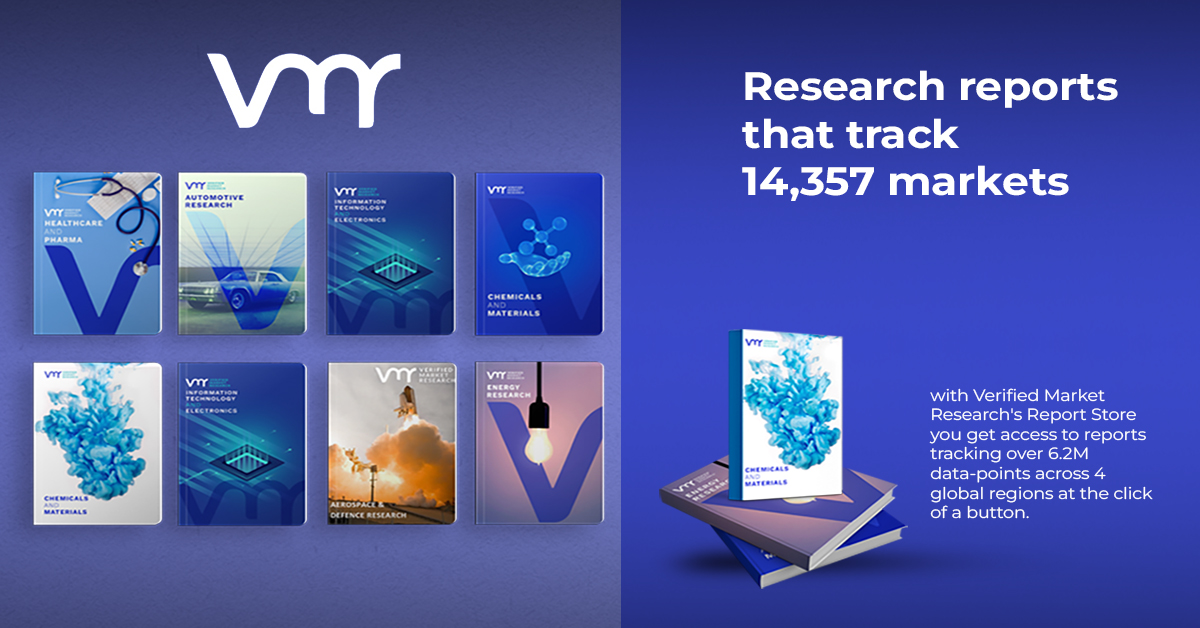The Smart Advisor Market: Trends, Growth Drivers, and Key Developments in 2024
The Smart Advisor Market has rapidly evolved in recent years, becoming a cornerstone for organizations looking to streamline customer interactions, enhance decision-making, and improve efficiency. Smart advisors—AI-powered virtual assistants capable of delivering personalized and context-aware responses—are revolutionizing industries such as finance, healthcare, retail, and more. Below is a detailed exploration of the latest developments, growth drivers, challenges, and future trends shaping this market.
Market Overview and Growth Trends
Smart advisors, also known as intelligent virtual assistants or chatbots, are growing in adoption due to their ability to understand natural language, process complex queries, and learn from interactions. The market, valued at several billion dollars in 2023, is projected to grow at a compound annual growth rate (CAGR) exceeding 20% through 2030, driven by advancements in AI, natural language processing (NLP), and cloud computing.
Key trends driving this growth include:
- Increasing Deployment Across Industries: Financial services, healthcare, and retail sectors are leading adopters of smart advisors. Financial institutions use them for investment guidance and account management, while healthcare providers leverage them for patient queries and telemedicine support.
- Shift Towards Conversational AI: Conversational interfaces powered by advanced machine learning (ML) algorithms are becoming the norm. These systems provide human-like interactions, significantly improving user experience.
- Focus on Multilingual Capabilities: To serve global markets, smart advisors are increasingly incorporating multilingual support, ensuring accessibility to a broader audience.
Key Drivers of Market Growth
Several factors are accelerating the adoption of smart advisors:
- Cost Efficiency: Smart advisors reduce the need for human agents, enabling businesses to handle a higher volume of queries at lower costs. They provide 24/7 support, significantly enhancing operational efficiency.
- Improved Customer Engagement: With personalization and predictive analytics, these tools offer tailored experiences, boosting customer satisfaction and loyalty.
- AI and Cloud Integration: The integration of AI with cloud platforms has made deploying and scaling smart advisors more accessible for businesses of all sizes.
- Post-Pandemic Digital Transformation: COVID-19 accelerated the need for digital-first customer engagement strategies, solidifying the role of AI-driven tools in business operations.
Challenges Facing the Smart Advisor Market
Despite its growth, the market faces challenges:
- Data Privacy Concerns: As smart advisors process sensitive customer information, ensuring data security and compliance with regulations like GDPR and CCPA remains critical.
- Integration Complexity: Businesses often face difficulties integrating smart advisors with legacy systems.
- Limitations in Understanding Context: While AI has advanced, achieving true conversational understanding and handling nuanced queries remains a challenge for many solutions.
Recent Developments in the Market
The smart advisor market is highly competitive, with key players continually innovating:
- New Product Launches: Companies like IBM Watson, Nuance Communications, and Artificial Solutions are enhancing their platforms with better NLP capabilities and domain-specific features.
- Acquisitions and Partnerships: Mergers and strategic collaborations, such as acquisitions by tech giants to enhance AI capabilities, have been significant. For example, Microsoft and Google have been investing in conversational AI startups to expand their portfolios.
- Emergence of Generative AI: Tools powered by models like GPT and ChatGPT are pushing the boundaries of what smart advisors can achieve, delivering highly personalized and human-like interactions.
- Focus on Analytics and Insights: Advanced analytics tools integrated into smart advisor platforms are helping businesses gain actionable insights from customer interactions.
Applications and Regional Insights
Industry Applications
- Financial Services: Smart advisors are widely used for investment advice, fraud detection, and customer support.
- Healthcare: AI-driven advisors assist in appointment scheduling, telemedicine, and answering patient queries.
- Retail: E-commerce platforms deploy them for personalized shopping experiences, inventory management, and order tracking.
Regional Trends
- North America: Leading the market due to significant investments in AI and widespread adoption by enterprises.
- Asia-Pacific: Experiencing rapid growth driven by a surge in e-commerce and increasing digitization in countries like China and India.
- Europe: Focusing on regulatory compliance while adopting advanced smart advisor solutions.
Future Outlook
The future of the Smart Advisor Market is promising, with potential breakthroughs expected in the following areas:
- Voice-Driven Interactions: Voice assistants will likely dominate, providing even more intuitive user interfaces.
- Enhanced Emotional Intelligence: Smart advisors will move beyond logic to detect and respond to user emotions.
- Integration with IoT: As IoT devices proliferate, smart advisors will manage and interact with these systems seamlessly.
- Proliferation in SMEs: Lower entry costs and SaaS models will make smart advisors accessible to small and medium-sized enterprises.
The Smart Advisor Market is at the forefront of transforming customer engagement and operational efficiency. With robust growth potential and ongoing innovation, it is poised to reshape how businesses interact with their customers. However, addressing challenges such as data security and conversational limitations will be key to unlocking its full potential. Organizations that adopt and adapt to these technologies strategically will gain a competitive edge in the increasingly digital landscape.









